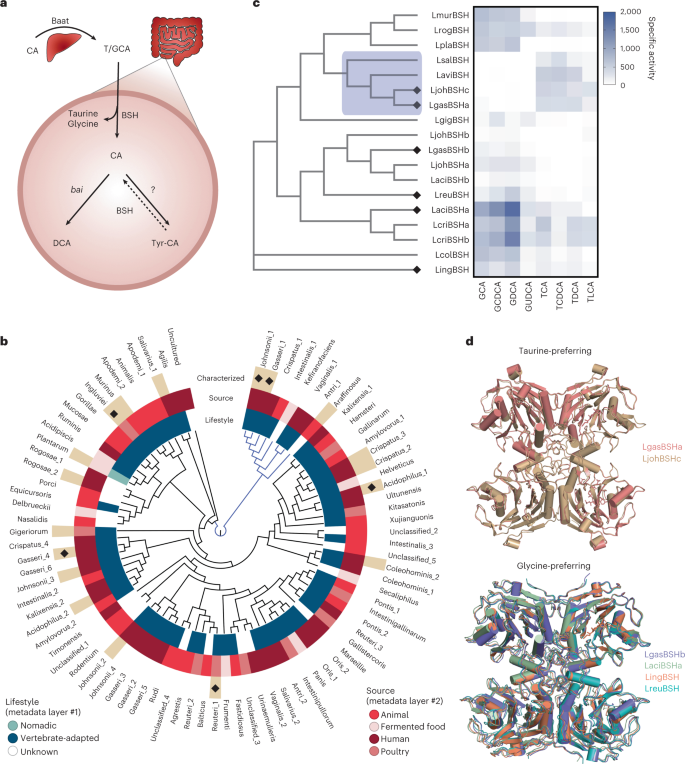健康格差により、地方に住む人はより神経質で開放的でなくなる可能性があるとの研究結果を発表 Study Suggests Health Disparities May Cause Those Living in Rural Areas to be More Neurotic, Less Open
2023-03-13 ヒューストン大学(UH)

Living in the country, in rural areas, has long been idealized as a pristine place to raise a family, but a new study reveals rural Americans are more anxious and depressed, as well as less open-minded and more neurotic.
このような心理的差異の原因の一つとして、心理的サービスのアクセスが不足していることが挙げられ、特に精神保健専門家の不足が深刻である。したがって、農村地域の健康格差を解消し、精神的な健康を促進するために、心理的サービスのアクセスの改善が必要である。
<関連情報>
- https://uh.edu/news-events/stories/2023/march-2023/03132023-country-living-study-atherton.php
- https://onlinelibrary.wiley.com/doi/10.1111/jopy.12818
成人期の性格特性と幸福度における農村と都市の違い Rural–urban differences in personality traits and well-being in adulthood
Olivia E. Atherton, Emily C. Willroth, Eileen K. Graham, Jing Luo, Daniel K. Mroczek, Marquita W. Lewis-Thames
Journal of Personality Published: 01 February 2023
https://doi.org/10.1111/jopy.12818
Abstract
Objective
One large focus of personality psychology is to understand the biopsychosocial factors responsible for adult personality development and well-being change. However, little is known about how macro-level contextual factors, such as rurality–urbanicity, are related to personality development and well-being change.
Method
The present study uses data from two large longitudinal studies of U.S. Americans (MIDUS, HRS) to examine whether there are rural–urban differences in levels and changes in the Big Five personality traits and well-being (i.e., psychological well-being, and life satisfaction) in adulthood.
Results
Multilevel models showed that Americans who lived in more rural areas tended to have lower levels of openness, conscientiousness, and psychological well-being, and higher levels of neuroticism. With the exception of psychological well-being (which replicated across MIDUS and HRS), rural–urban differences in personality traits were only evident in the HRS sample. The effect of neuroticism was fully robust to the inclusion of socio-demographic and social network covariates, but other effects were partially robust (i.e., conscientiousness and openness) or were not robust at all (i.e., psychological well-being). In both samples, there were no rural–urban differences in Big Five or well-being change.
Conclusions
We discuss the implications of these findings for personality and rural health research.

